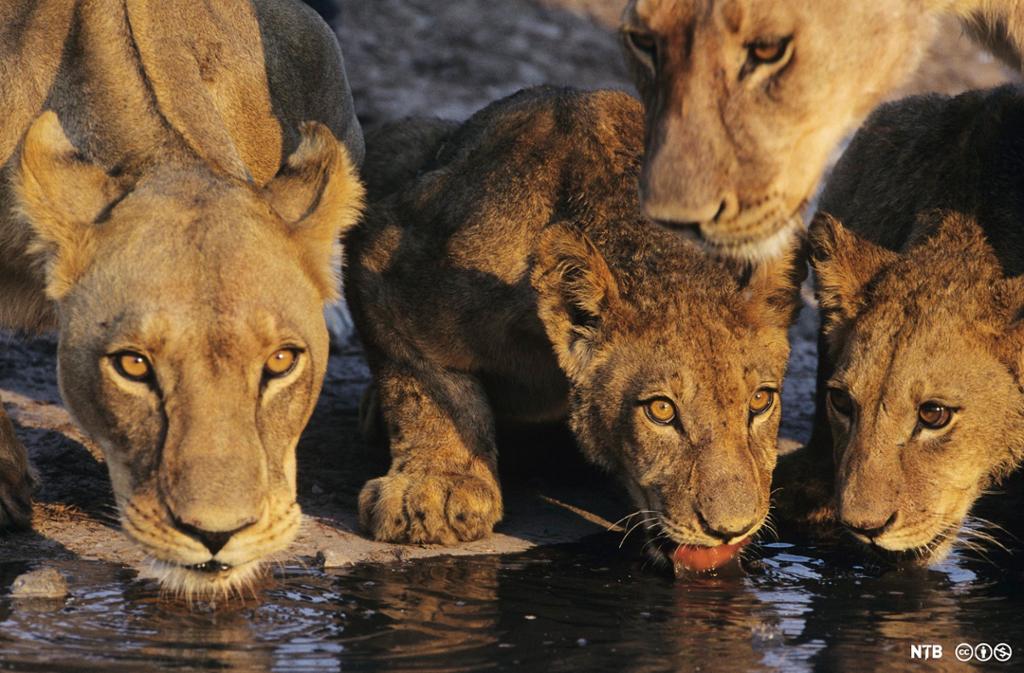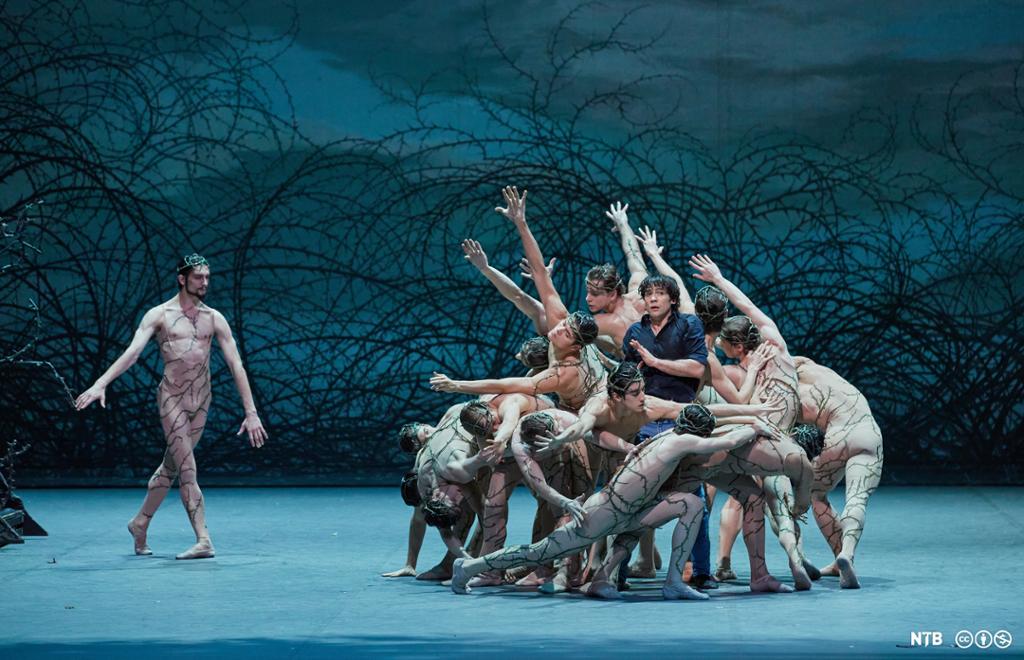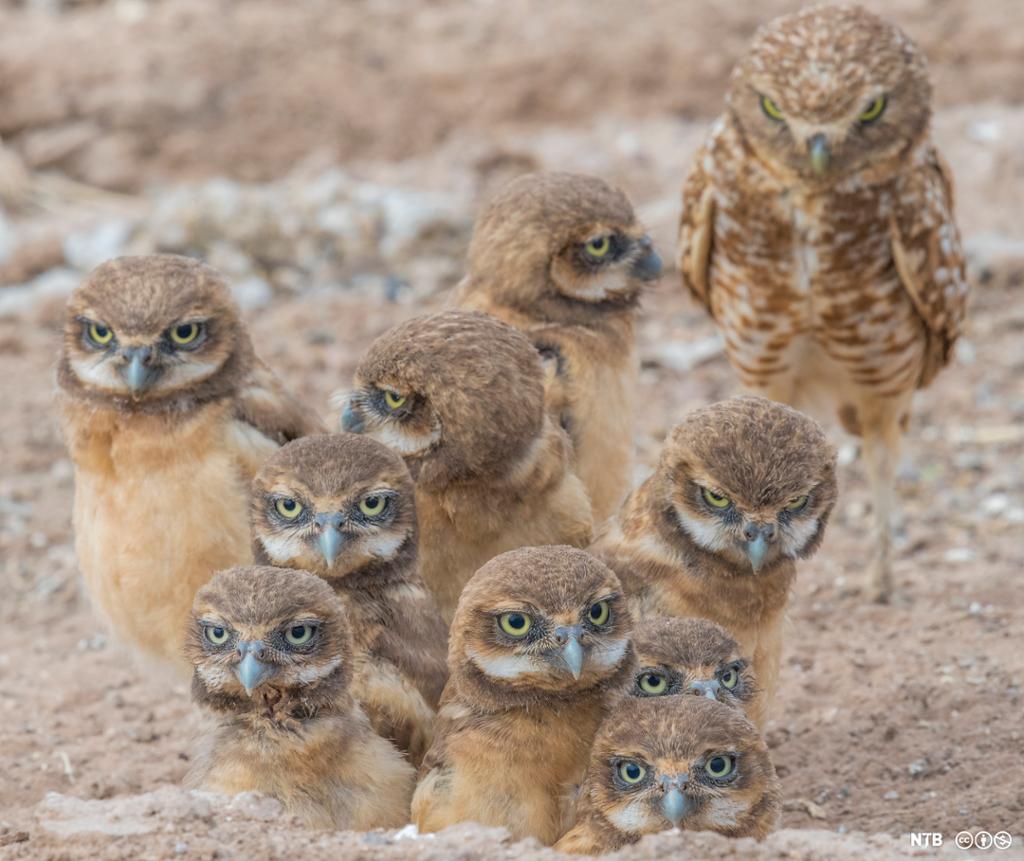Collective Nouns

The English language has a rich variety of collective nouns. Collective nouns describe groups, but the words look as though they are singular. This can make us unsure whether to use a singular verb or a plural verb with the collective noun. We should then think about what we want to express: if we are trying to say something about the group as a unit, we should pair it with a singular verb. If we are talking about the various members or things in a group then we use a plural verb.
Let us look at some examples of how we would use collective nouns with singular and plural verbs:
'The choir sings beautifully'.
This sentence expresses that everyone in the choir signs together as a unit, therefore we use a singular verb.'The choir were all singing in different keys'.
Here, we are talking about the individual members in the choir all doing different things, therefore we use a plural verb.
Here is another example:
'The board of directors has made a final decision'.
This sentence describes the board of directors as a unit.'The board of directors were having a terrible row'.
Here, we mean that the individual members of the board were fighting each other.
Now we will explore a selection of collective nouns used about people, things, and animals. While this gives you an impression of the variety that exists, you should be aware that there are many more.
a body of men
a bunch of crooks
a choir of singers
a company of actors
a congregation of worshippers
a gang of prisoners
a class of students
a line of kings
a mob of rioters
a pack of thieves
a party of friends
a staff of employees
a team of players
a tribe of natives
a troop of scouts
a band of musicians
a panel of experts
a squad of soldiers
a board of directors
a troupe of ballet dancers

a cloud of dust
a heap of rubbish
an outfit of clothes
a range of mountains
a ream of paper
a pair of shoes
a cluster of coconuts
a hand of bananas
a quiver of arrows
a bouquet of flowers
a bundle of sticks
a fleet of vehicles
a bunch of keys
a hedge of bushes
an atlas of maps
a set of clubs
a shower of rain
a wad of notes (money)
a string of pearls
a flight of stairs

A quirk of the English language is that there are many unusual collective nouns for animals that may be used instead of the more common ones. For example, you will be understood if you say you went on holiday and saw a group of lions, but it would be more idiomatic to say that you saw a pride of lions. We could say that there is a flock of crows in the tree, but it sounds more poetic to say that there is a murder of crows in the tree. We could say there is a swarm of bees, but it would also be fine to say there is a hive, grist, stand, rabble, bike, charm, or nest of bees. Below, you will find a list of examples of unusual collective nouns.
a lamentation of swans
a colony of bats
a glaring of cats
a school of fish
a shiver of sharks
a crash of rhinoceroses
a congregation of alligators
a troop of foxes
a gaggle of geese
a colony of seagulls
an unkindness of ravens
a brood of hens
a prickle of hedgehogs
a coalition of cheetahs
a horde of hamsters
a flight of dragons
a smack of jellyfish
an army of ants
a mischief of mice
a parliament of owls

Guoskevaš sisdoallu
Using a variety of collective nouns will enrich your language.